Foods That Lower Testosterone In Females: 6 Natural Options
Keep your testosterone levels in check with a few tasty and nourishing foods.
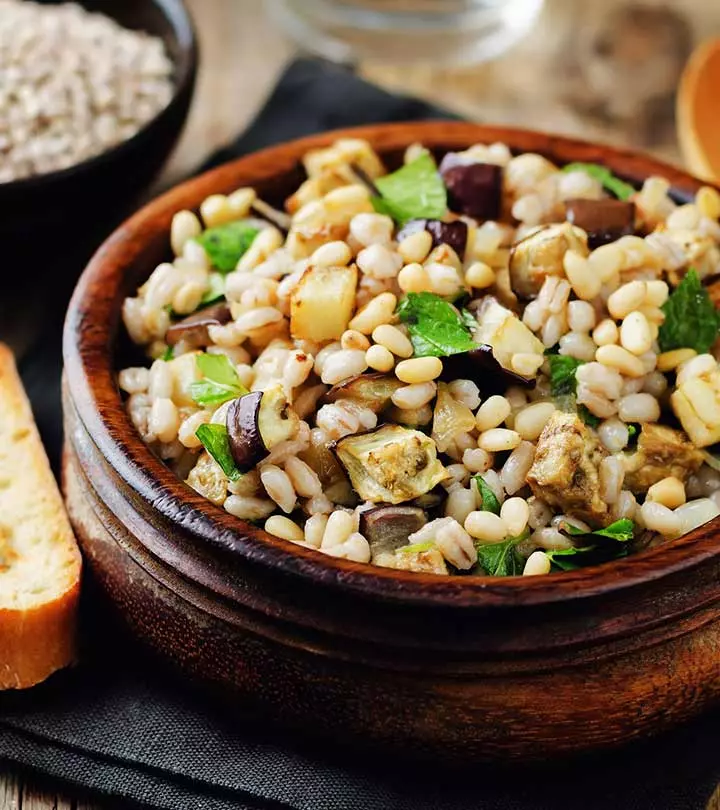
Image: iStock
Whenever you think of testosterone, you probably relate it to men. Even though it is considered as a male sex hormone, women too produce testosterone in their reproductive organs. While optimal levels of testosterone help with major bodily functions, issues can arise when there is too much testosterone in your body. Changes in testosterone levels have been associated with health conditions such as type 2 diabetes and polycystic ovarian syndrome (PCOS) (1). Consuming excessive alcohol, processed foods, and sugar can also negatively impact women’s testosterone levels, leading to issues in weight management. This article discusses the symptoms of high testosterone and how nutrition or certain foods may naturally lower testosterone in women.
In This Article
What Does Testosterone Do For A Woman?
Research suggests that testosterone along with estrogen is essential for bone health, mental health, and cognitive performance (2), (3). In men, the normal testosterone level is considered to be between 264 to 916 ng/ dL, while in women it falls between 15 to 46 ng/dL (4), (5). Maintaining normal testosterone levels is essential for maintaining muscle mass, sexual function, and strength. High testosterone levels in women come with its own set of symptoms (6).
Key Takeaways
- Testosterone is essential for bone health, mental health, and cognitive performance.
- Excessive facial hair growth, acne, irregular periods, androgenic alopecia (hair loss), acanthosis nigricans (dark skin patches), and heightened aggression indicate the presence of high testosterone in women.
- Polycystic ovarian syndrome, congenital adrenal hyperplasia (CAH), and hirsutism can be the cause behind high testosterone levels in women.
Symptoms Of High Testosterone In Women
High levels of testosterone in women can result in symptoms that affect their overall health. They are (7), (8):
- Excessive facial hair growth
- Acne
- Irregular periods
- Androgenic alopecia – hair loss
- Acanthosis nigricans – dark skin patches
- Heightened aggression
If you notice any of the above symptoms, consult your doctor. High testosterone levels can be indicative of an underlying medical condition.
Possible Causes Of High Testosterone Levels In Women
Various hormonal diseases can cause hormonal changes in women. Some of them are:
- Polycystic Ovarian Syndrome
Studies suggest that hyperandrogenismi A condition where the female body is affected because of the excessive presence of male sex hormones, androgens. or high levels of testosterone is a hallmark symptom of PCOS (9). PCOS is a hormonal disorder characterized by enlarged ovaries with multiple small cysts and irregular periods.
 Trivia
Trivia- Congenital Adrenal Hyperplasia (CAH)
Increased levels of testosterone and progesterone have been associated with congenital adrenal hyperplasia
(10). This is a group of genetic disorders that affect your adrenal glands which secrete hormones such as cortisol and testosterone. People diagnosed with CAH lack one of the enzymes necessary for the regulation of these hormones, which can result in too much testosterone.
- Hirsutism
Studies suggest that hirsutism or excessive facial hair in women can cause high levels of testosterone in the body
(11). Hirsutism is a condition that results in the growth of coarse, dark hair on a woman’s face, chest, and back. This occurs due to the excessive production of male hormones such as testosterone.
While there are several factors involved in the regulation of testosterone, a healthy diet is key in keeping your testosterone levels in check.
Best Food For Lower Testosterone In Women
Here are a few foods that may help lower your testosterone levels:
- Soy-based Products
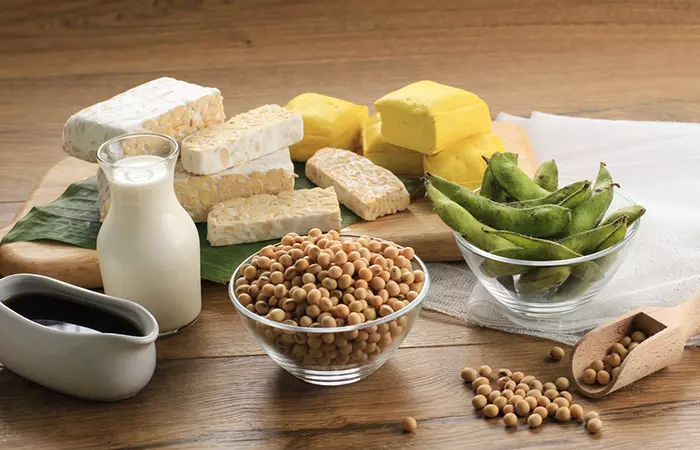
Research suggests that consuming soy products regularly may result in lower levels of testosterone. A study was conducted to see the effect of soy protein on reproductive hormones in men. The results suggested that consuming soy protein for 54 days saw a decrease in testosterone (12). Soy has a significant amount of isoflavones, a form of phytoestrogen that functions similarly to human estrogen. Another study found that soy decreased prostate weight and testosterone levels in rats (13). Even though the results seem promising, more studies on women are warranted to understand the association between soy products and testosterone levels.

- Mint
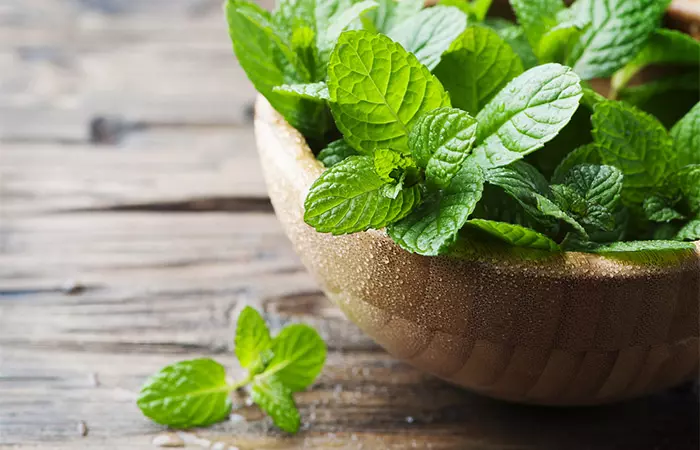
Mint is most popularly used for soothing stomach diseases (14). Studies suggest that mint may cause a dip in your testosterone levels. A study was conducted to see the effect of spearmint tea on women with PCOS. After 30 days, the researchers found that there was a significant decline in total testosterone levels (15). Similarly, in an animal study, administering spearmint tea for 20 days showed a decrease in testosterone levels and body weight in rats with PCOS (16).
- Licorice Root
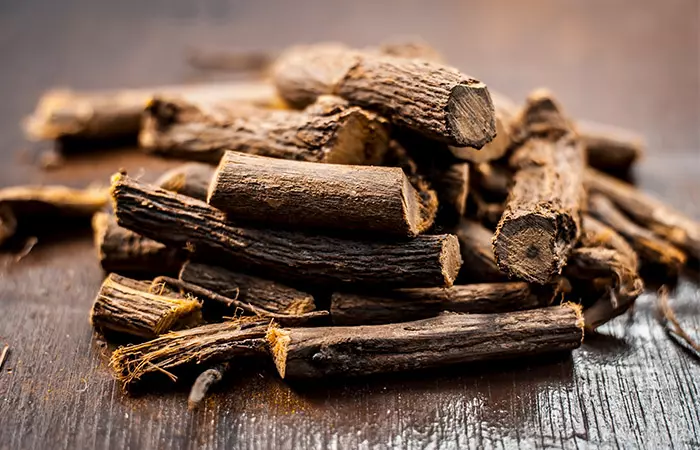
Licorice has been used as a remedy in Chinese medicine for years for its pharmacological properties (17). Recently, studies have indicated that licorice root may essentially influence hormone balance in the body. A study was conducted to see the effect of licorice on serum testosterone levels in healthy women during their periods. The study showed a significant decrease in serum testosterone levels in the first month itself (18).
- Flaxseeds
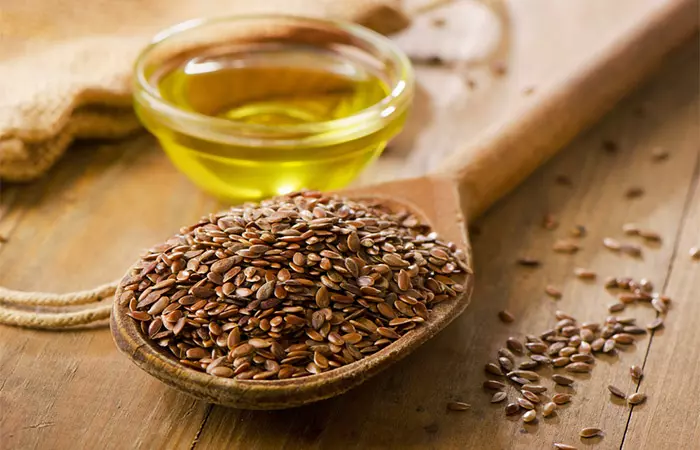
A few studies suggest that flaxseeds may play a role in the reduction of testosterone levels. A pilot study was conducted on men with prostate cancer who were instructed to go on a low-fat and flaxseed supplemented diet for 34 days. The results indicated a significant decrease in total and serum testosterone levels (19). Another case study conducted on a woman with PCOS reported a decrease in testosterone levels after eating flaxseed supplements for 4 months (20).
- Tea

There is some scientific evidence that suggests drinking tea may affect the levels of testosterone levels in your body. A study was conducted to see the effects of spearmint tea on testosterone levels of women diagnosed with PCOS. The participants were asked to drink spearmint tea twice a day for a month’s time in comparison to a placebo herbal tea. After 30 days, the participants showed a significant reduction in the total and free testosterone levels (21).
- Fish
Fish is high in omega-3 fatty acids that have been associated with lowering androgen levels in women. A study was conducted to investigate the effect of omega-3 supplements on overweight women with PCOS. The women were administered 3 grams of omega-3 supplements or a placebo for 8 weeks. The results indicated that women administered omega-3 supplements showed lower levels of testosterone than the placebo group (22). Incorporating regular exercise and a healthy diet can help improve testosterone levels in women.
While the results are promising, more studies are warranted to understand the association between omega-3 fatty acids and testosterone levels.
While incorporating the best foods for lowering testosterone levels in women is essential, it is equally important to be mindful of certain foods that can reverse these efforts by potentially raising hormone levels. Scroll down to know more.
Foods To Avoid
Some foods may contribute to increased testosterone levels in women. Here are some to consider limiting:
- Sugary snacks
- Soy products
- Red meat
- Dairy products
- Processed foods
- Fried foods
 Quick Tip
Quick TipApart from making dietary adjustments, maintaining a healthy lifestyle that incorporates regular exercise, stress reduction strategies, and enough sleep can also greatly aid in controlling testosterone levels. It may also be beneficial to include mindfulness exercises like yoga or meditation, which support hormone balance and general well-being.
Infographic: Roles And Effects Of Testosterone
Testosterone helps improve cognitive performance, bone health, and mental well-being along with estrogen. Therefore, maintaining this hormone’s optimum levels is essential for women’s sexual function and muscle mass. Click on the infographic below to learn more about the roles and effects of testosterone.
Some thing wrong with infographic shortcode. please verify shortcode syntax
To Sum It Up
Testosterone, primarily considered a male hormone, is produced in small amounts in women’s ovaries and adrenal glands. While healthy levels of testosterone are essential for bodily functions, high levels of testosterone have been associated with medical conditions such as hormonal imbalance, PCOS, and adrenal hyperplasia. However, there are many natural remedies that can help fix hormonal imbalances that you must explore for desired results, including testosterone levels. Moreover, eating a diet rich in food such as flaxseeds and soy-based products may help lower testosterone in women. Engaging in stress management techniques like meditation and yoga can also have a positive impact on testosterone levels and aid in maintaining a healthy weight.
Frequently Asked Questions
Can exercise lower testosterone levels in women?
Yes, regular cardiovascular exercises like cycling or jogging, as well as high-intensity interval training (HIIT), may help women’s testosterone levels drop (30). Additionally, since excess body fat is often linked with higher testosterone levels, maintaining a healthy weight through exercise also helps maintain hormonal balance.
What is the relationship between stress and testosterone?
Stress can negatively affect testosterone levels by increasing cortisol production, which inhibits testosterone synthesis. Chronic stress increases cortisol levels slowly, which eventually lowers testosterone.
Are there any supplements that can help lower testosterone levels?
Some supplements, such as chaste tree, licorice root, saw palmetto, spearmint tea, and omega-3 fatty acids, may help reduce testosterone levels in women. However, it’s important to consult a healthcare professional before starting any supplements to ensure safety.
Do bananas reduce testosterone?
Possibly not. Anecdotal evidence links banana consumption to higher testosterone levels. However, there is a lack of scientific evidence supporting this claim.
Does turmeric lower testosterone?
Possibly not. A study on hypertensivei A creature showing signs of hypertension, a condition where there is increased blood pressure on the walls of the arteries. rats showed that dietary supplementation with turmeric and ginger significantly increased testosterone levels (26).
Does coffee increase testosterone?
Possibly, in men. A study suggested that caffeinated coffee consumption increased total testosterone levels in men; and decaffeinatedi Coffee in which most of the caffeine has been removed from coffee beans. and caffeinated coffee consumption decreased testosterone levels in women (27).
Does peanut butter lower testosterone?
There is no scientific evidence suggesting that peanut butter consumption may affect your testosterone levels.
Does broccoli lower testosterone?
Possibly not. A research study on male mice showed that broccoli extracts significantly boosted testosterone levels (28).
Illustration: Natural Foods That Lower Testosterone In Females
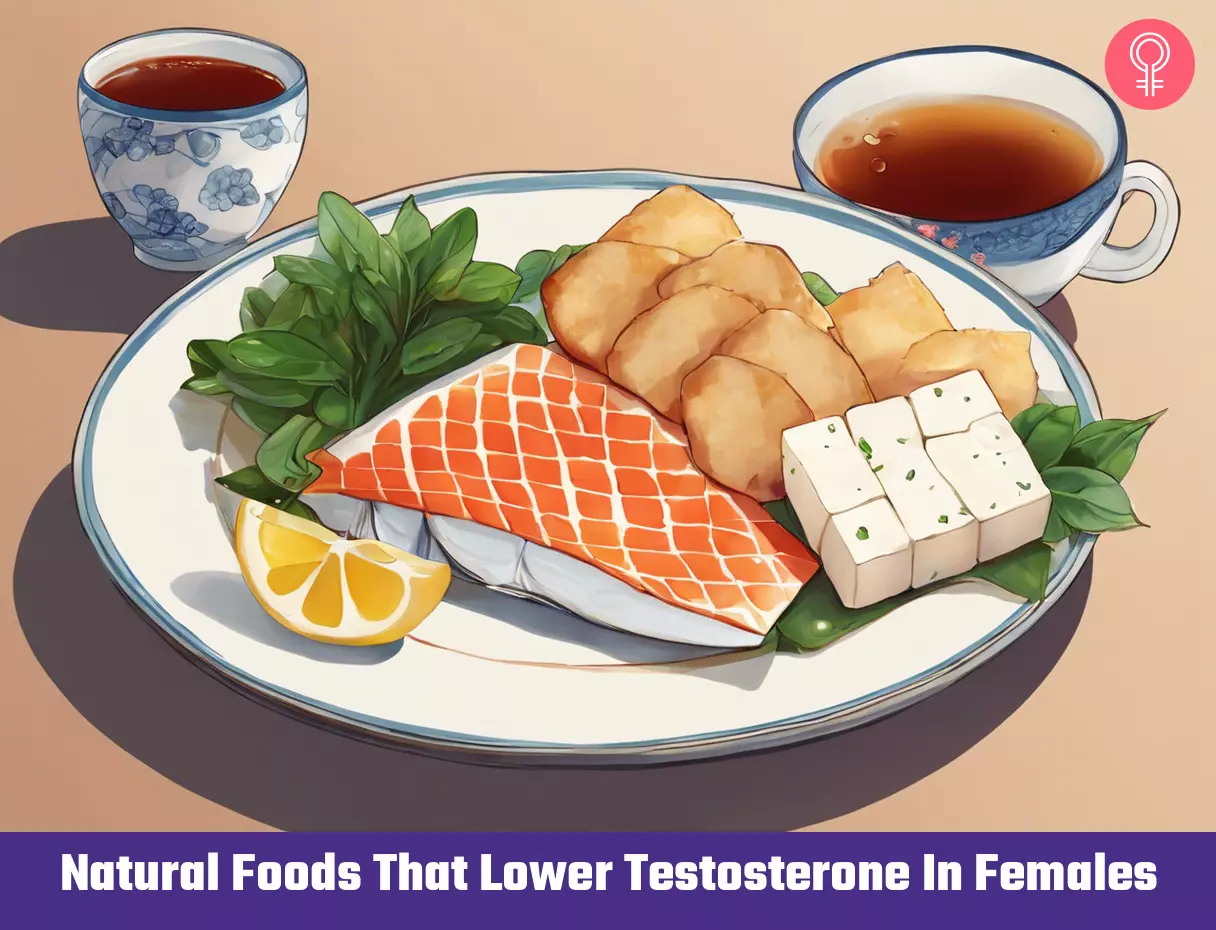
Image: Stable Diffusion/StyleCraze Design Team
References
Articles on StyleCraze are backed by verified information from peer-reviewed and academic research papers, reputed organizations, research institutions, and medical associations to ensure accuracy and relevance. Read our editorial policy to learn more.
- Using human genetics to understand the disease impacts of testosterone in men and women
https://idp.nature.com/transit?redirect_uri=https%3A%2F%2Fwww.nature.com%2Farticles%2Fs41591-020-0751-5&code=5a233e59-49df-43b2-9db5-085a6bd9e6b3 - Testosterone in women–the clinical significance
https://pubmed.ncbi.nlm.nih.gov/26358173/ - Revisiting the role of testosterone: Are we missing something?
https://www.ncbi.nlm.nih.gov/labs/pmc/articles/PMC5434832/ - Harmonized Reference Ranges for Circulating Testosterone Levels in Men of Four Cohort Studies in the United States and Europe
https://www.ncbi.nlm.nih.gov/labs/pmc/articles/PMC5460736/ - Testosterone reference ranges in normally cycling healthy premenopausal women
https://pubmed.ncbi.nlm.nih.gov/21771278/ - Gonadal Steroids and Body Composition Strength and Sexual Function in Men
https://www.ncbi.nlm.nih.gov/labs/pmc/articles/PMC4142768/ - Androgen Excess in Women: Experience with Over 1000 Consecutive Patients
https://academic.oup.com/jcem/article/89/2/453/2840734 - Aggression in Women: Behavior Brain and Hormones
https://www.frontiersin.org/journals/behavioral-neuroscience/articles/10.3389/fnbeh.2018.00081/full - Hyperandrogenism in polycystic ovarian syndrome and role of CYP gene variants: a review
Hyperandrogenism in polycystic ovarian syndrome and role of CYP gene variants: a review | Egyptian Journal of Medical Human Genetics | Full Text (springeropen.com) - Congenital adrenal hyperplasia: Diagnostic advances
https://core.ac.uk/download/pdf/159146111.pdf - HIRSUTISM: EVALUATION AND TREATMENT
https://www.ncbi.nlm.nih.gov/labs/pmc/articles/PMC2856356/ - Soy protein isolates of varying isoflavone content exert minor effects on serum reproductive hormones in healthy young men
https://pubmed.ncbi.nlm.nih.gov/15735098/ - Dietary soy-phytoestrogens decrease testosterone levels and prostate weight without altering LH prostate 5alpha-reductase or testicular steroidogenic acute regulatory peptide levels in adult male Sprague-Dawley rats
https://pubmed.ncbi.nlm.nih.gov/11524239/ - Treatment of functional dyspepsia with a fixed peppermint oil and caraway oil combination preparation as compared to cisapride. A multicenter reference-controlled double-blind equivalence study
https://pubmed.ncbi.nlm.nih.gov/10604046/ - Spearmint herbal tea has significant anti-androgen effects in polycystic ovarian syndrome. A randomized controlled trial
https://pubmed.ncbi.nlm.nih.gov/19585478/ - Role of Essential Oil of Mentha Spicata (Spearmint) in Addressing Reverse Hormonal and Folliculogenesis Disturbances in a Polycystic Ovarian Syndrome in a Rat Model
https://www.ncbi.nlm.nih.gov/labs/pmc/articles/PMC5788221/ - The antiviral and antimicrobial activities of licorice a widely-used Chinese herb
https://www.ncbi.nlm.nih.gov/labs/pmc/articles/PMC4629407/ - Licorice reduces serum testosterone in healthy women
https://pubmed.ncbi.nlm.nih.gov/15579328/ - Pilot study of dietary fat restriction and flaxseed supplementation in men with prostate cancer before surgery: exploring the effects on hormonal levels prostate-specific antigen and histopathologic features
https://pubmed.ncbi.nlm.nih.gov/11445478/ - The Effect of Flaxseed Supplementation on Hormonal Levels Associated with Polycystic Ovarian Syndrome: A Case Study
https://www.ncbi.nlm.nih.gov/labs/pmc/articles/PMC2752973/ - Spearmint herbal tea has significant anti-androgen effects in polycystic ovarian syndrome. a randomized controlled trial
https://onlinelibrary.wiley.com/doi/10.1002/ptr.2900 - The effect of omega-3 supplementation on androgen profile and menstrual status in women with polycystic ovary syndrome: A randomized clinical trial
https://www.ncbi.nlm.nih.gov/labs/pmc/articles/PMC3941370/ - Regular Mindful Yoga Practice as a Method to Improve Androgen Levels in Women With Polycystic Ovary Syndrome: A Randomized Controlled Trial
https://www.degruyter.com/document/doi/10.7556/jaoa.2025.050/html - Effect of exercise on serum androgens in postmenopausal women: a 12-month randomized clinical trial
https://pubmed.ncbi.nlm.nih.gov/15247119/ - The Role of Zinc in Selected Female Reproductive System Disorders
https://www.ncbi.nlm.nih.gov/labs/pmc/articles/PMC7468694/ - Dietary supplementation of ginger and turmeric improves reproductive function in hypertensive male rats
https://www.ncbi.nlm.nih.gov/pmc/articles/PMC5598100/ - The effects of caffeinated and decaffeinated coffee on sex hormone-binding globulin and endogenous sex hormone levels: a randomized controlled trial
https://www.ncbi.nlm.nih.gov/pmc/articles/PMC3502342/ - The effects of broccoli and caraway extracts on serum oxidative markers, testicular structure and function, and sperm quality before and after sperm cryopreservation
https://pubmed.ncbi.nlm.nih.gov/33577784/ - Differential effects of walnuts vs almonds on improving metabolic and endocrine parameters in PCOS
https://pubmed.ncbi.nlm.nih.gov/21157477/ - Effects of high-intensity interval training and strength training on levels of testosterone and physical activity among women with polycystic ovary syndrome
https://pmc.ncbi.nlm.nih.gov/articles/PMC9304438/
Read full bio of Dr. Pallavi Srivastava
Read full bio of Varsha Patnaik
Read full bio of Ravi Teja Tadimalla
Read full bio of Payal Karnik







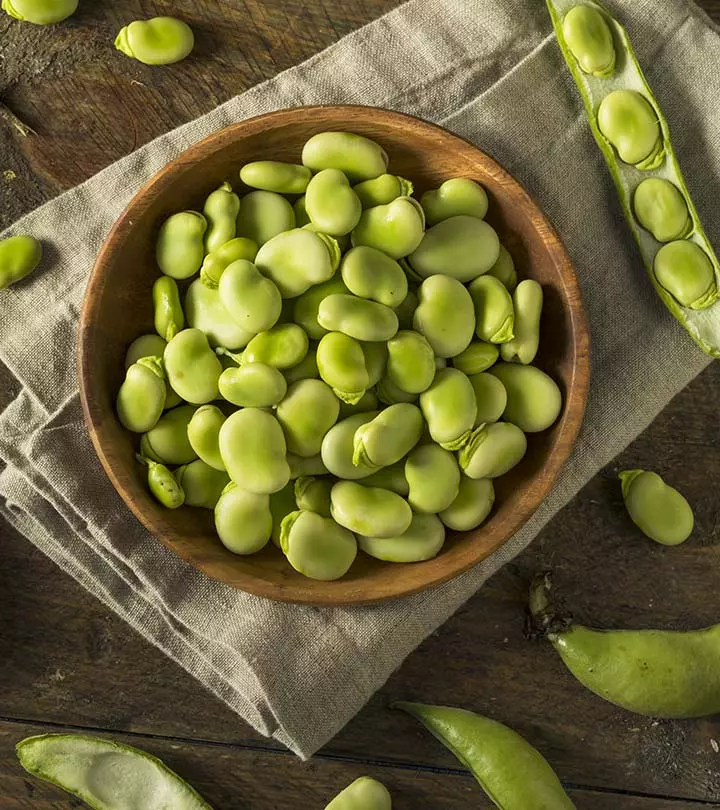
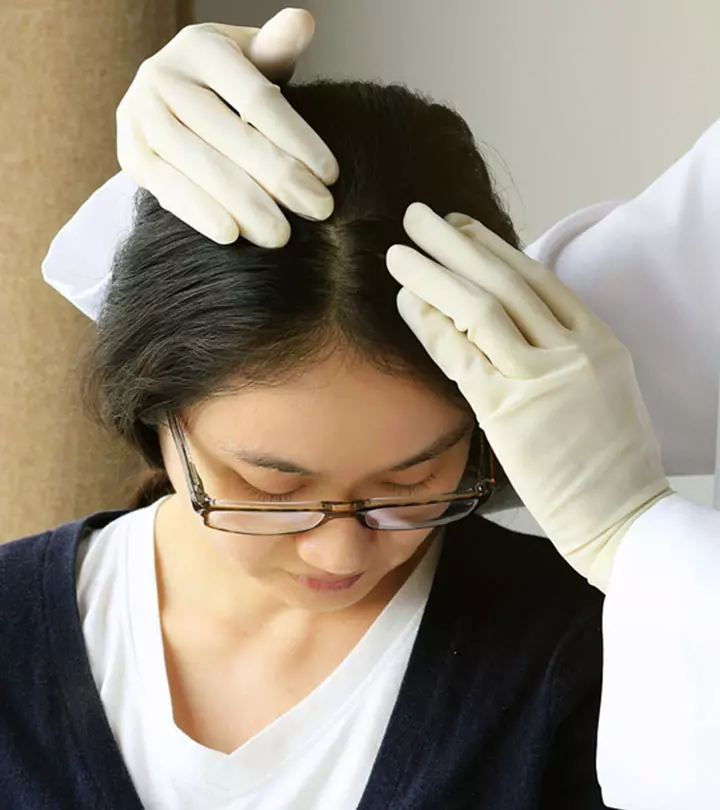
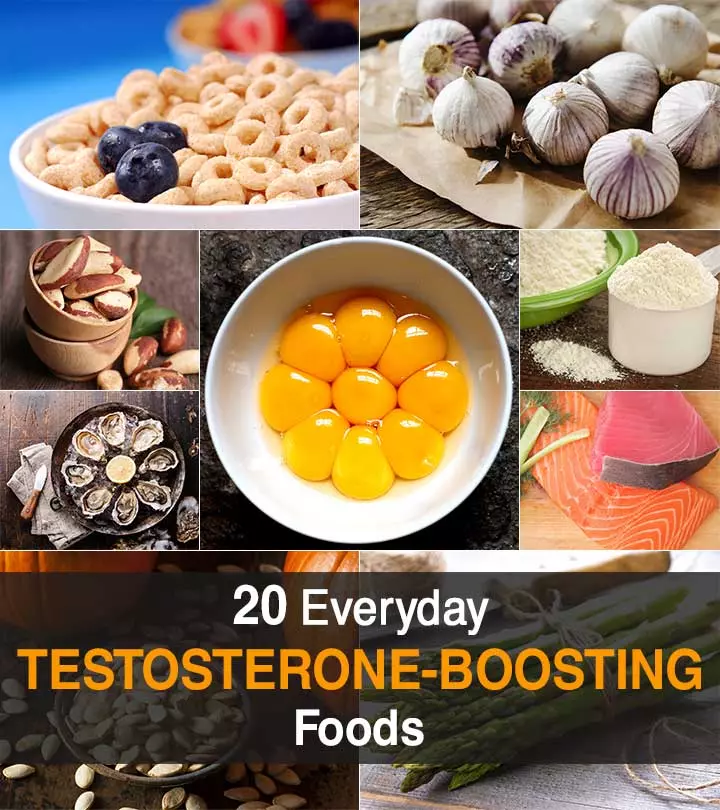

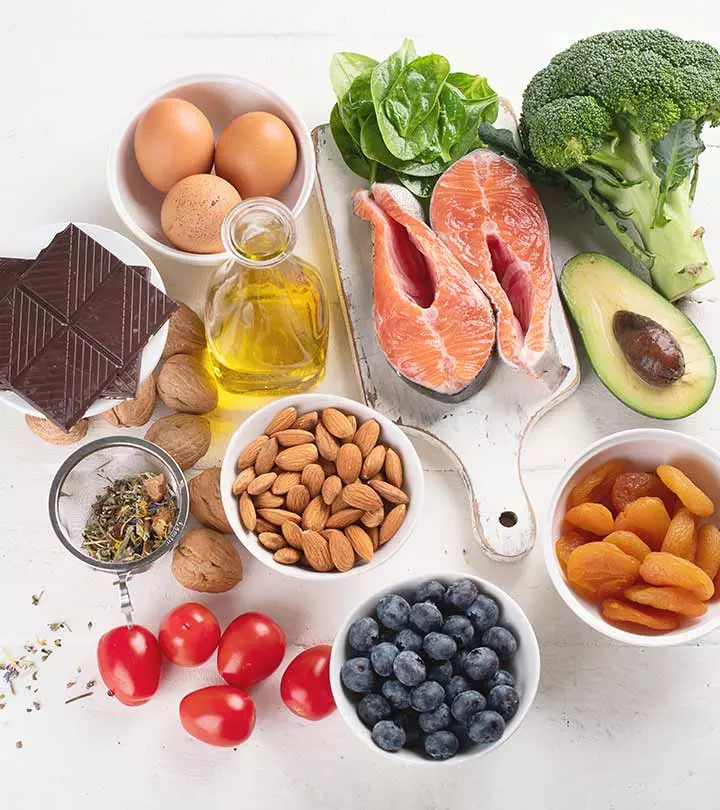
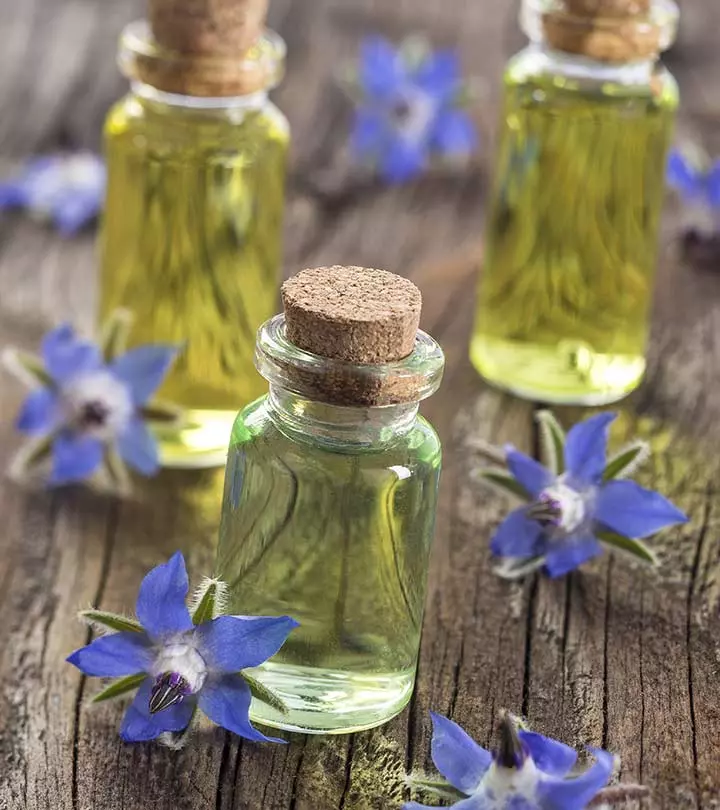
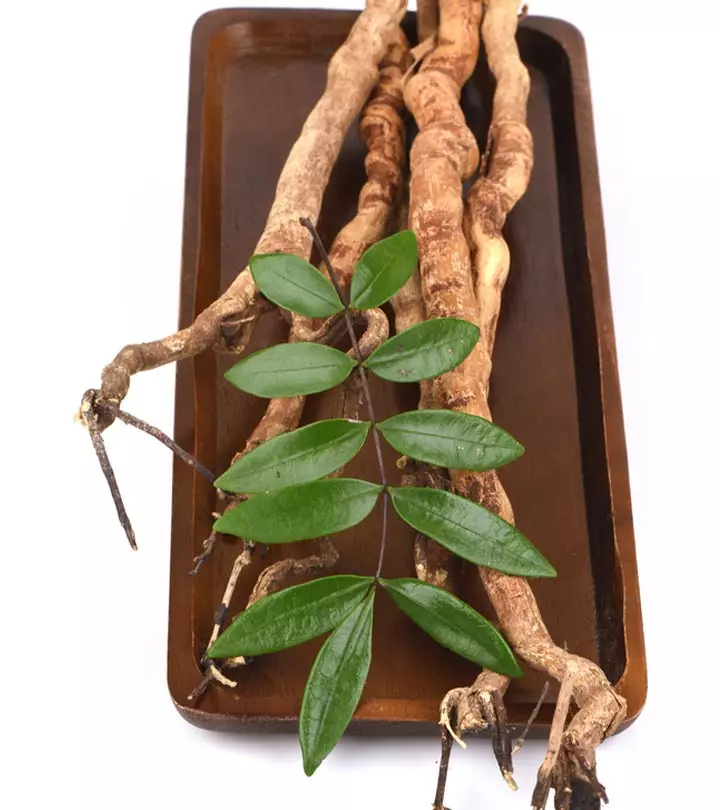
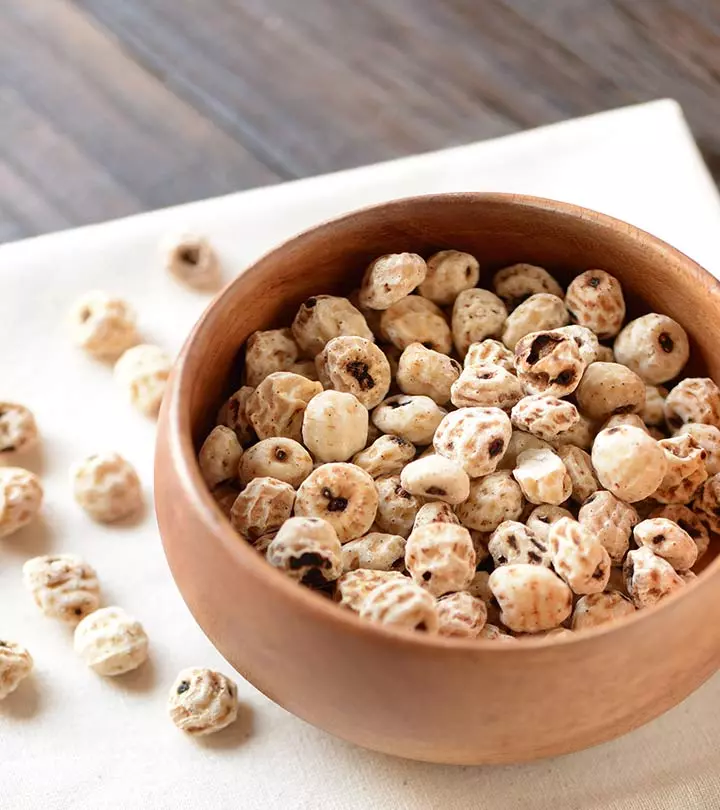
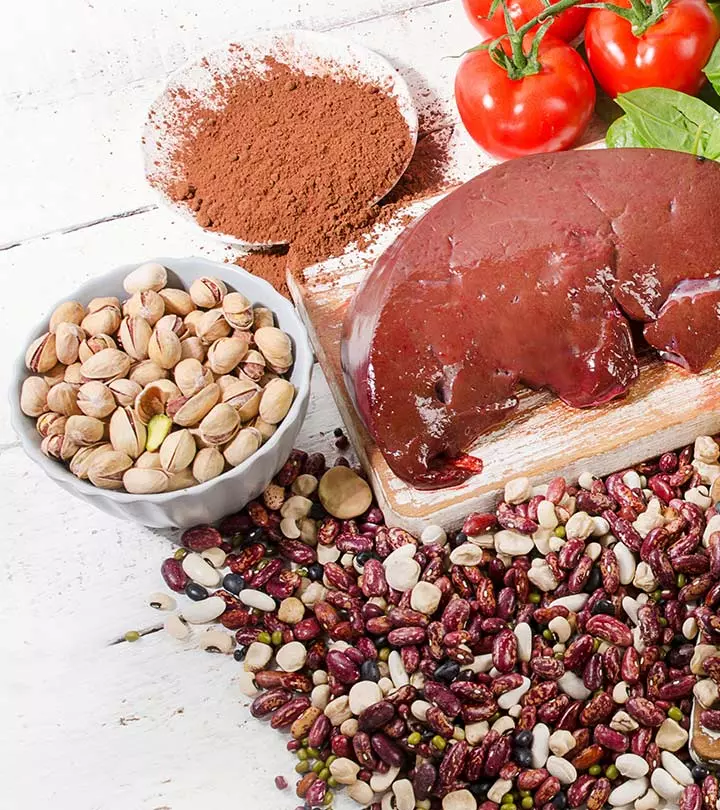
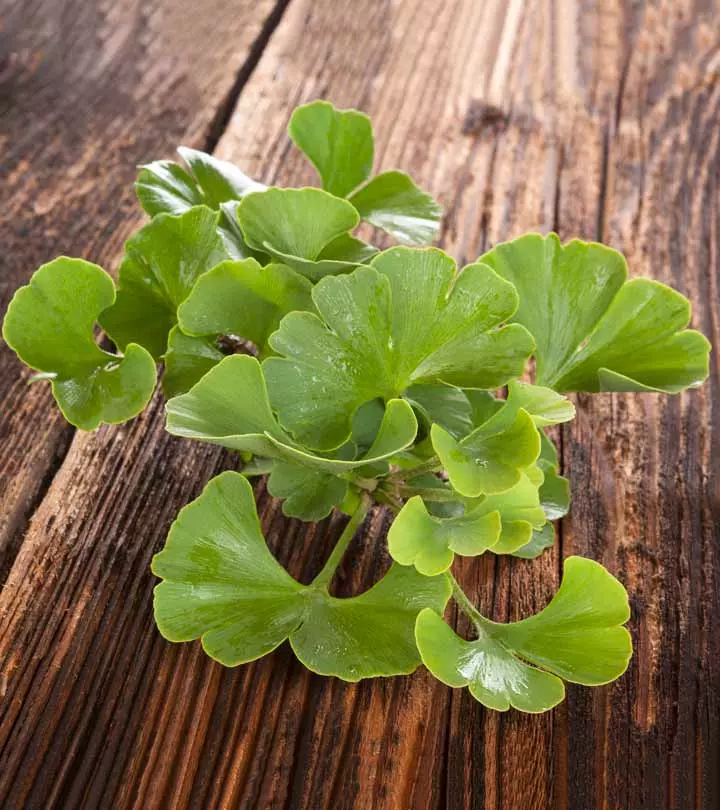
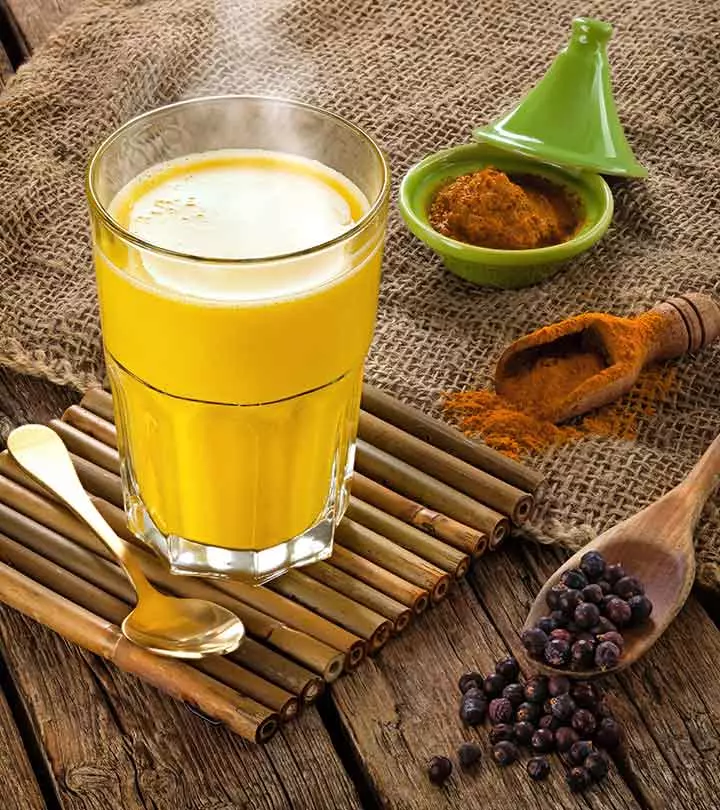
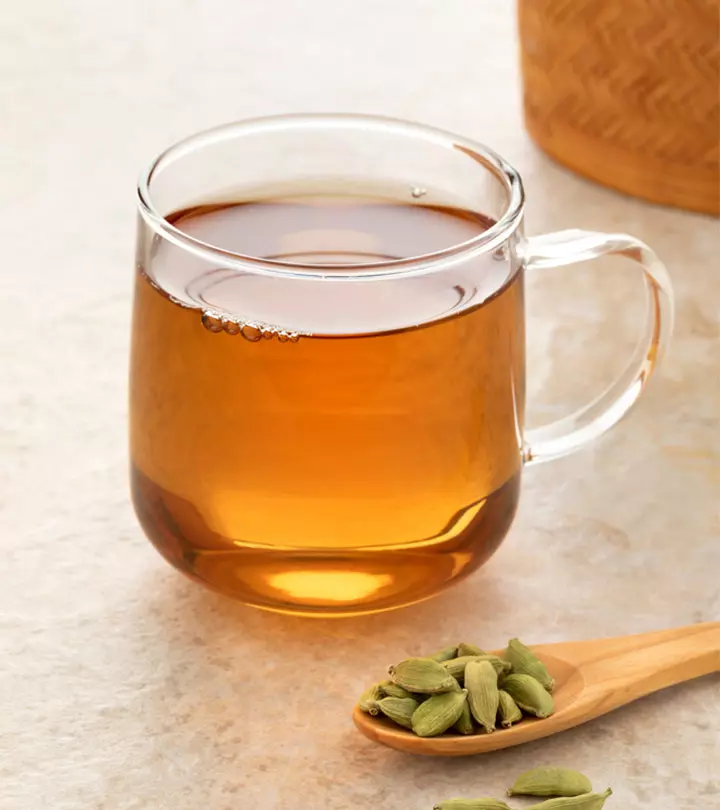
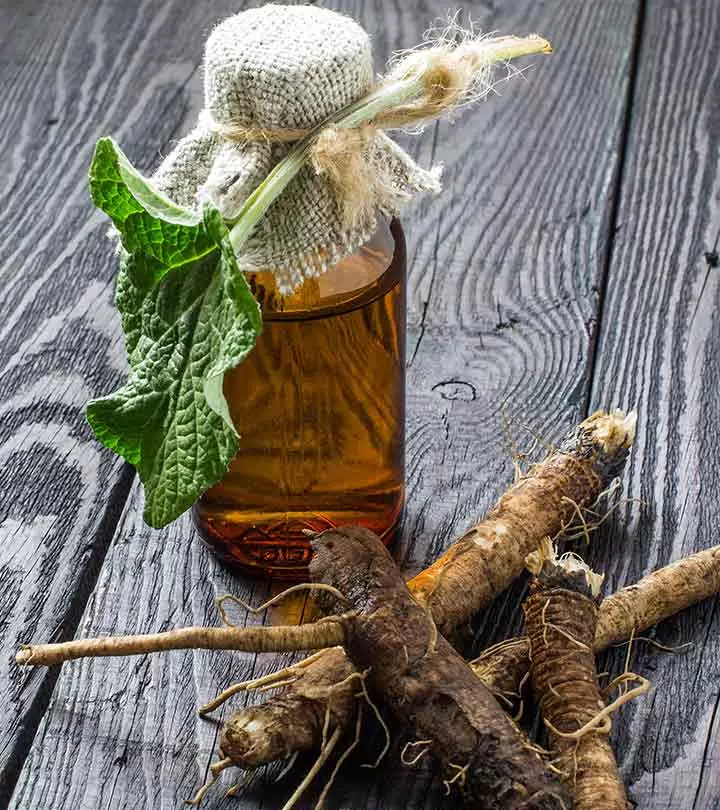
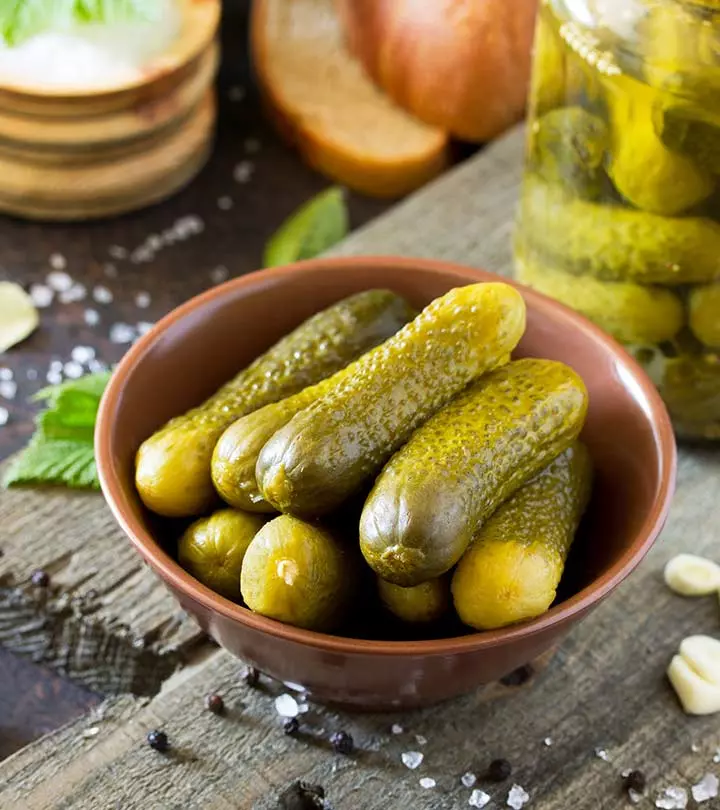
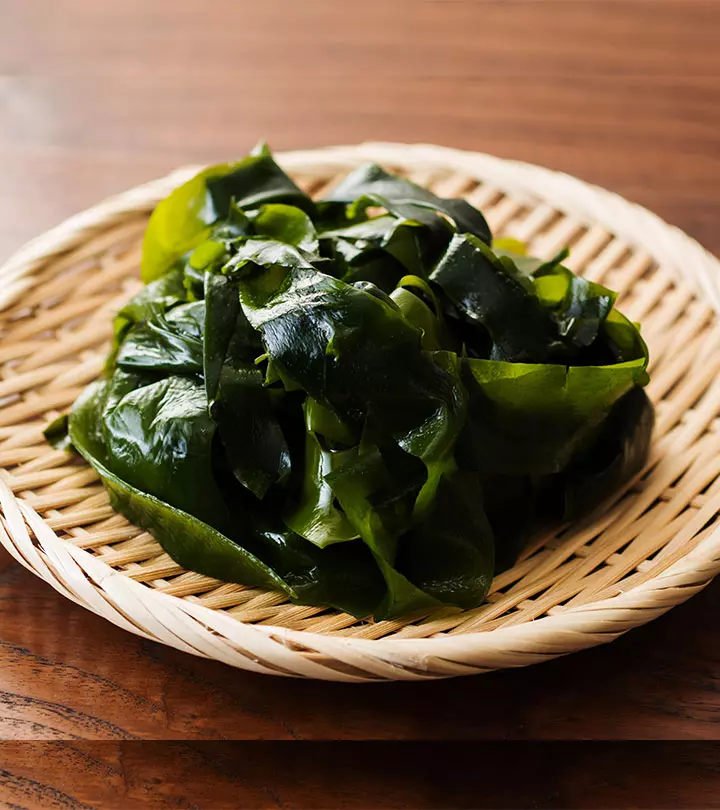
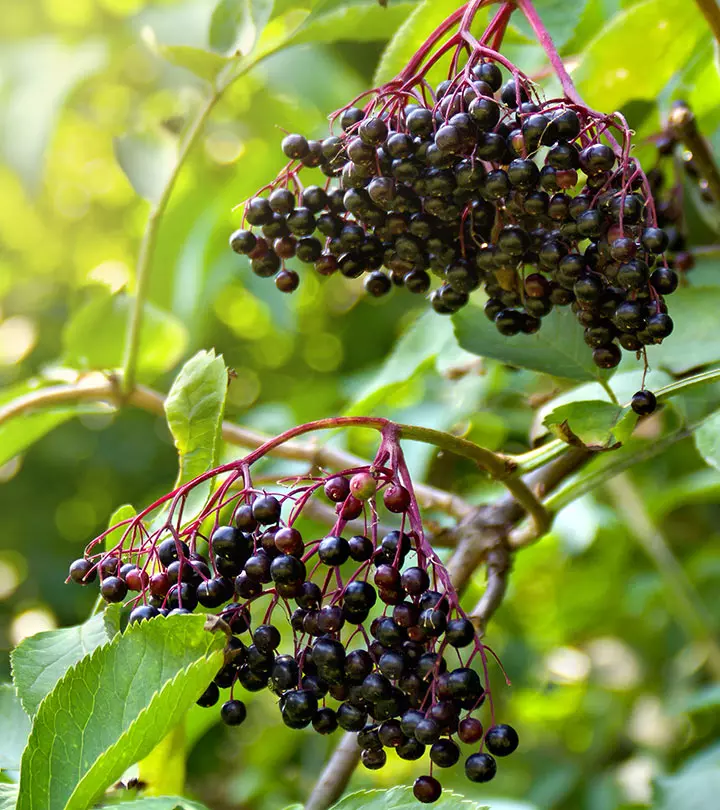

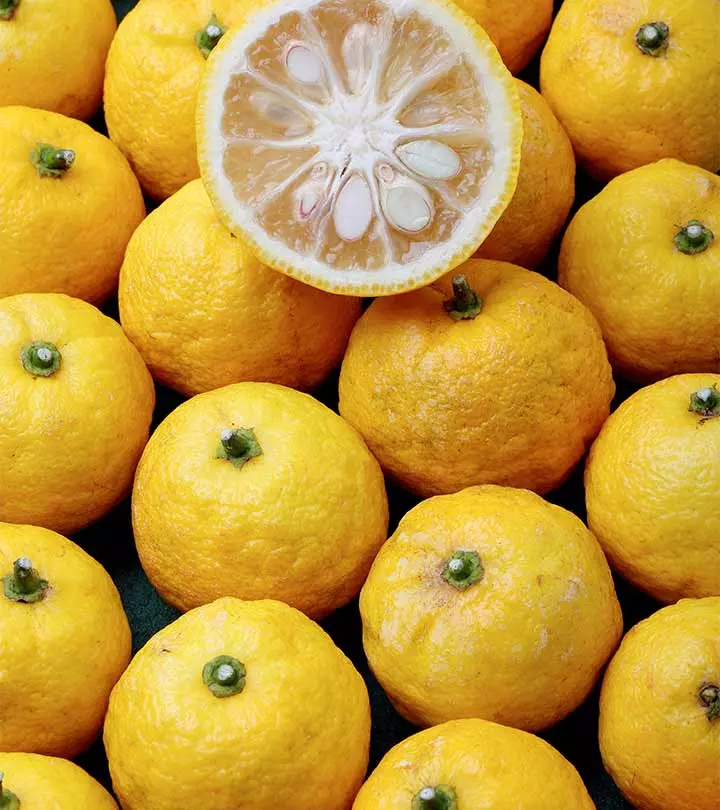
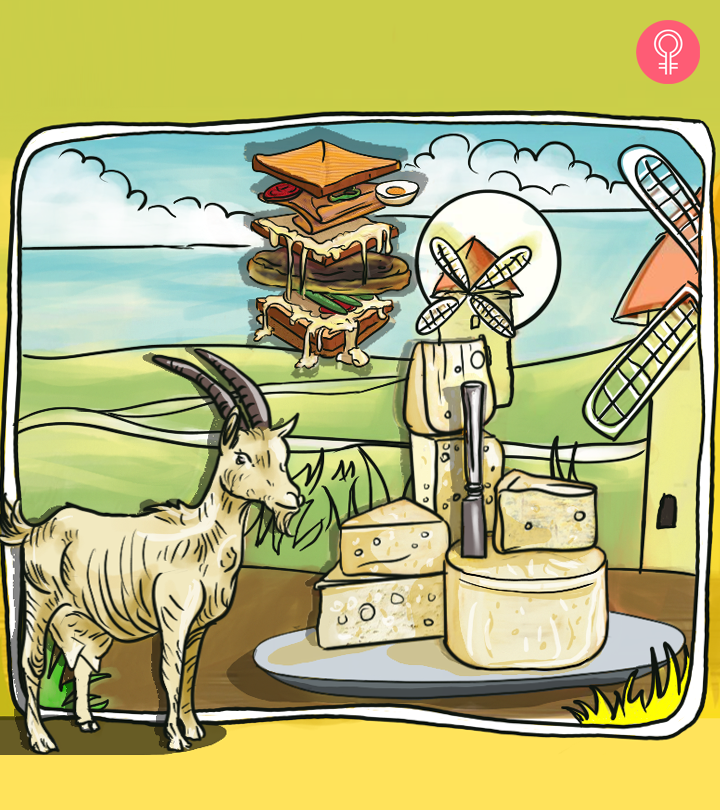
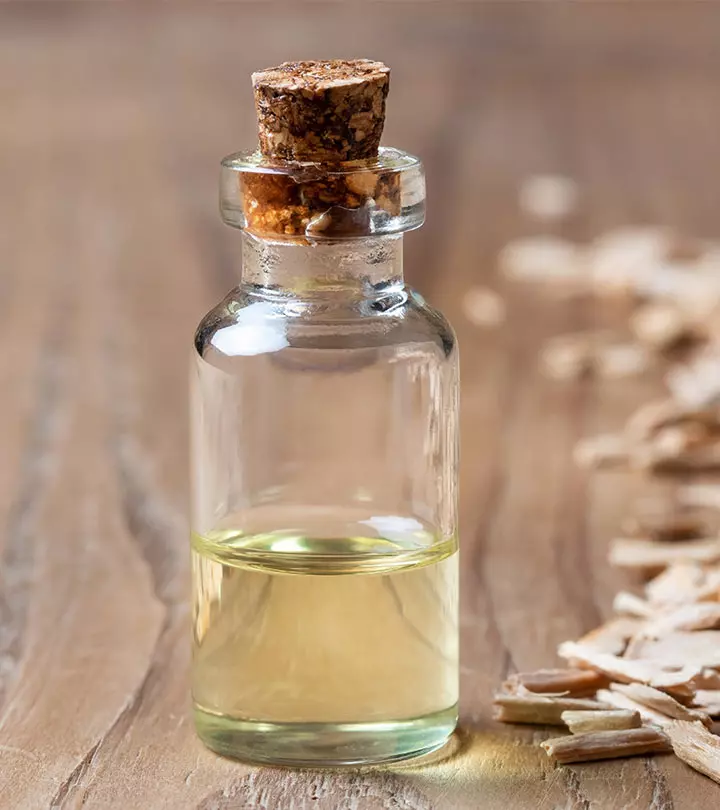
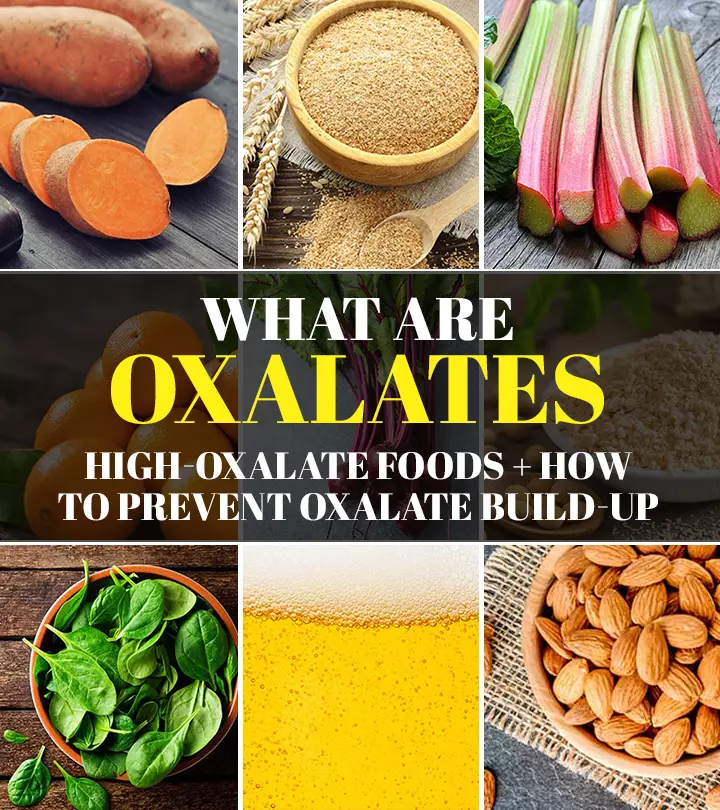
Community Experiences
Join the conversation and become a part of our empowering community! Share your stories, experiences, and insights to connect with other beauty, lifestyle, and health enthusiasts.